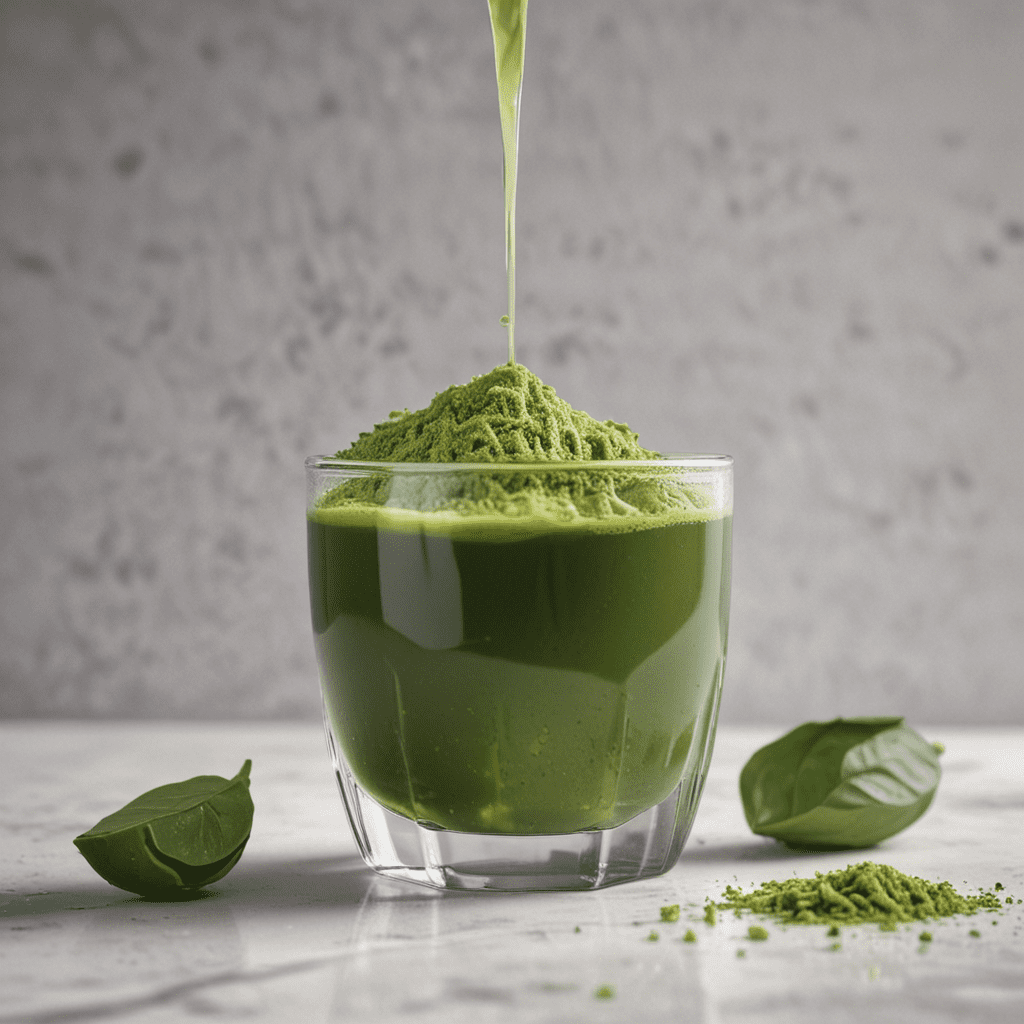
Introduction to Matcha and Blood Sugar
Matcha, a finely ground green tea powder, has gained significant attention for its potential role in regulating blood sugar levels. Its unique composition and high concentration of antioxidants position it as a promising natural remedy for managing glucose metabolism. This article delves into the intricate relationship between matcha and blood sugar, exploring its mechanisms of action, benefits, and implications for health.
Understanding Glucose Regulation
Glucose, the body's primary source of energy, is regulated by a complex system involving hormones like insulin and glucagon. When blood sugar levels rise after a meal, the pancreas releases insulin, which helps glucose enter cells for energy production or storage. However, disruptions in this process can lead to hyperglycemia (high blood sugar), a hallmark of conditions like diabetes.
Matcha's Role as an Antihyperglycemic Agent
Studies indicate that matcha possesses antihyperglycemic properties, offering potential benefits for individuals with blood sugar regulation issues. Its high content of catechins, particularly epigallocatechin gallate (EGCG), plays a crucial role in this action. Catechins are potent polyphenols that exert antioxidant and metabolic effects.
Catechins and Their Insulin-Sensitizing Effects
Catechins have been shown to improve insulin sensitivity, a key factor in regulating blood sugar levels. They enhance the body's ability to utilize insulin effectively, promoting glucose uptake into cells. This insulin-sensitizing effect can help lower blood sugar and prevent insulin resistance, a precursor to diabetes.
EGCG: A Potent Antioxidant for Glucose Control
EGCG, the most abundant catechin in matcha, has remarkable antioxidant properties. It protects cells from oxidative stress, a major contributing factor to insulin resistance and other chronic diseases. By neutralizing free radicals, EGCG safeguards pancreatic cells and insulin signaling pathways, ensuring efficient glucose metabolism.
Matcha's Impact on Postprandial Glucose Levels
Matcha consumption has been associated with reduced postprandial glucose levels, the surge in blood sugar after a meal. Studies have demonstrated that ingesting matcha before or with a meal can moderate glucose spikes, preventing excessive sugar accumulation in the bloodstream. This effect is attributed to matcha's catechins, which slow down the absorption of glucose into the bloodstream.
Matcha's Role in Preventing Insulin Resistance
Chronic hyperglycemia can lead to insulin resistance, a condition where cells become less responsive to insulin's actions. Matcha's catechins have been found to improve insulin sensitivity, reducing the risk of developing insulin resistance. By enhancing insulin signaling pathways, matcha helps maintain optimal glucose metabolism and prevents the onset of type 2 diabetes.
Combining Matcha with Other Blood Sugar Regulators
Matcha can be combined with other natural blood sugar regulators to enhance its effectiveness. Cinnamon, turmeric, and fenugreek have all been shown to possess antihyperglycemic properties. Combining matcha with these supplements can provide synergistic benefits, improving overall blood sugar control.
Dosage and Consumption Recommendations for Matcha
The optimal dosage of matcha for blood sugar management can vary depending on individual factors. However, it is generally recommended to consume 1-2 cups of matcha tea or 1-2 teaspoons of matcha powder daily. Matcha can be incorporated into a healthy diet through tea, smoothies, baked goods, or as a culinary ingredient.
Conclusion: Matcha's Potential for Managing Blood Sugar
Matcha, with its rich concentration of catechins, particularly EGCG, holds promising potential as a natural aid for managing blood sugar levels. Its antihyperglycemic, insulin-sensitizing, and antioxidant properties work in synergy to regulate glucose metabolism, prevent insulin resistance, and reduce postprandial glucose spikes. By incorporating matcha into a balanced lifestyle, individuals can harness its potential benefits for maintaining optimal blood sugar control.
FAQ
Can matcha cure diabetes?
While matcha can aid in blood sugar management, it is important to consult with a healthcare professional before using it as a treatment for diabetes. Matcha can potentially interact with certain medications and may not be suitable for all individuals with diabetes.
How quickly does matcha lower blood sugar?
The effects of matcha on blood sugar levels can vary based on factors such as individual metabolism and dosage. Some studies have shown a reduction in blood sugar levels within hours of consumption.
Is matcha safe for everyone?
Matcha is generally safe for most individuals. However, it may interact with certain medications, and pregnant or breastfeeding women should consult with a healthcare professional before consuming matcha.


